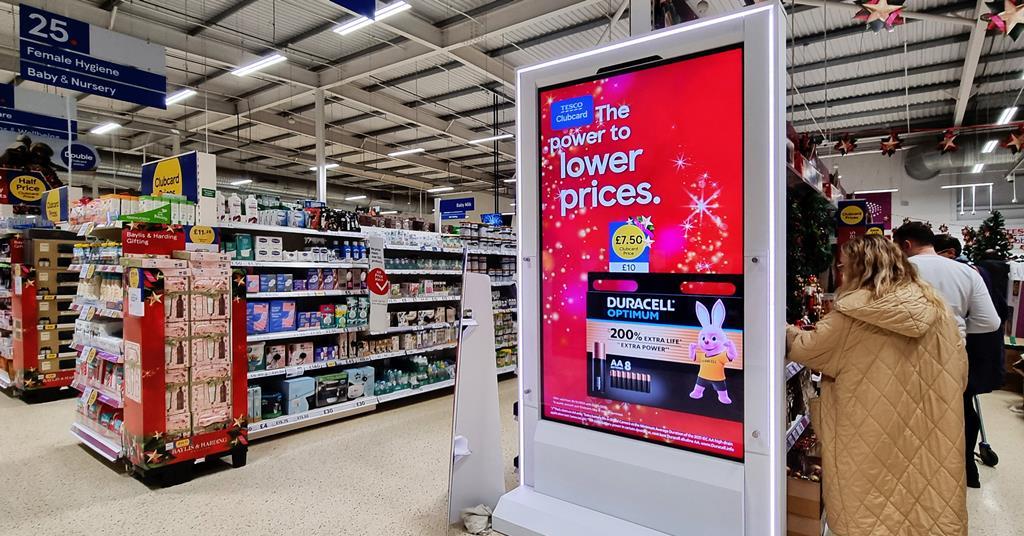Summary
Morrisons has told idling shop floor staff they will no longer be allowed access to stockrooms as the supermarket races to boost customer service ratings.
Source: The Telegraph

AI News Q&A (Free Content)
Q1: What changes has Morrisons implemented regarding shop floor staff access to stockrooms, and what is the reason behind this decision?
A1: Morrisons has decided to restrict access to stockrooms for idling shop floor staff as part of an effort to improve customer service ratings. This move is aimed at encouraging employees to remain engaged with customers on the shop floor rather than spending unnecessary time in the stockrooms.
Q2: How has the UK retail landscape changed in recent years, particularly concerning the market share of major supermarket chains?
A2: The UK retail landscape has seen significant shifts, notably with discounters like Aldi and Lidl gaining market share. In 2022, Aldi overtook Morrisons to become the fourth-largest grocery retailer in the UK. As of 2025, the 'big four' supermarkets—Tesco, Sainsbury's, Asda, and Morrisons—alongside these discounters, dominate the market, collectively holding a substantial share.
Q3: What innovative technologies have emerged in retail analytics due to the COVID-19 pandemic, and how are they being applied?
A3: The COVID-19 pandemic accelerated the adoption of innovative technologies in retail, particularly in analytics. Artificial Intelligence (AI) and machine learning have been utilized to improve online grocery orders, manage logistics, and enhance consumer engagement. Retailers have adapted AI models to handle disruptions like panic buying, improving demand forecasting, and creating online-offline synergies.
Q4: What are the potential impacts of AI-driven retail analytics on customer experience and store operations?
A4: AI-driven retail analytics can significantly enhance customer experience and store operations by optimizing inventory management, improving queue management, and providing insights into consumer behavior through customer tracking systems. These technologies facilitate better demand forecasting and effective marketing strategies, ultimately improving service quality and operational efficiency.
Q5: What are the findings of recent studies on reformulated baked goods and their impact on cardiometabolic health?
A5: Recent studies indicate that reformulated baked goods, particularly those with added fiber, can have a positive impact on cardiometabolic health. They have been shown to reduce total cholesterol, LDL cholesterol, glucose, and insulin levels over long-term consumption. However, no significant effects were observed on other health markers like HDL cholesterol, triglycerides, or blood pressure.
Q6: How does the presence of inhalable aerosols in the food industry affect health, according to recent research?
A6: Recent research on inhalable aerosols in the food industry suggests that occupational exposure can trigger inflammatory responses in human cells. This highlights the need for improved safety measures in the food processing environment to protect workers from potential health risks associated with airborne particles.
Q7: What role might a UK retail Central Bank Digital Currency (CBDC) play in the financial landscape, and what are its potential benefits?
A7: A UK retail Central Bank Digital Currency (CBDC), such as the digital pound, could serve as an anchor for monetary and financial stability. It aims to maintain public trust in digital money, support financial institutions, and ensure safety in payment systems. The CBDC could facilitate seamless interoperability among different forms of money and enhance consumer protection through robust regulation and effective supervision.
References:
- Morrisons
- Retail Analytics in the New Normal: The Influence of Artificial Intelligence and the Covid-19 Pandemic
- Anchoring UK Retail Digital Money
- Impact of reformulated baked goods interventions on cardiometabolic health: a systematic review and meta-analysis of controlled trials.
- Inflammatory responses of inhalable aerosols from powder food industry in THP-1 cells.



